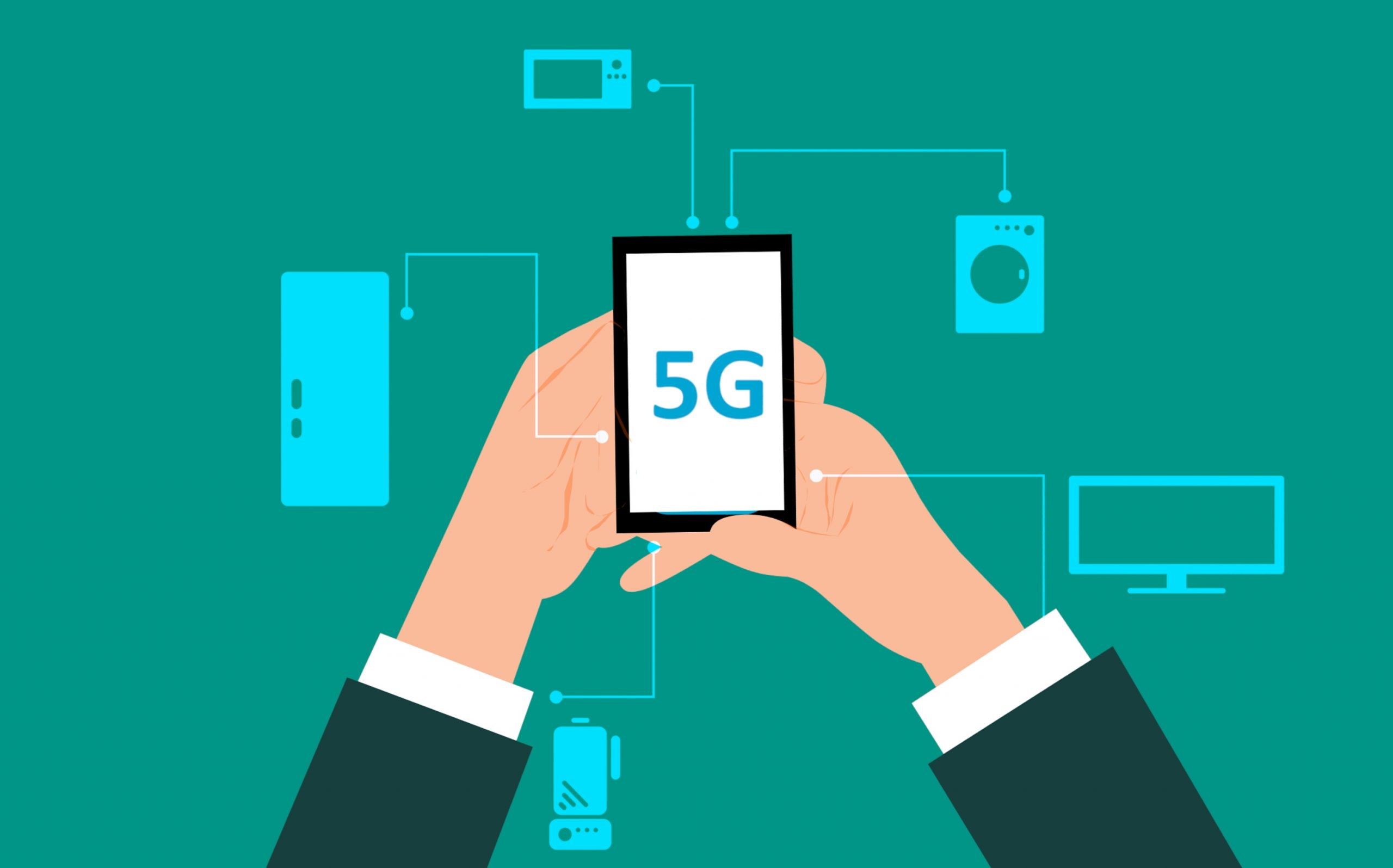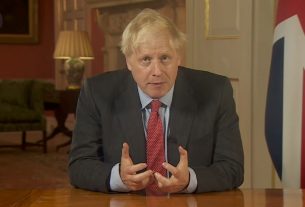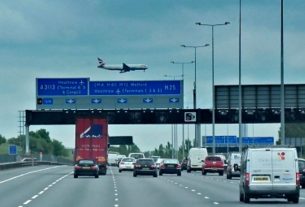The government’s decision to permit Huawei to build part of the UK’s 5G network has been immediately attacked as a major security risk.
Politicians in the UK have been joined by leading US counterparts in castigating the prime minister’s decision to let the Chinese tech-giant build non-core elements of the UK’s 5G network.
Foreign secretary Dominic Raab designated Huawei a “high risk vendor” whilst defending the government’s choice and rebuffing the accusation it was the “cheapest, least secure option”, as made by the SNP’s John Nicolson.
The newly elected SNP MP – and former BBC Panorma reporter, ITV news anchor and BBC TV’s ‘Breakfast’ programme presenter – said Huawei was a risk because Chinese law requires companies to “cooperate” with the state. Huawei’s work on the periphery of the UK’s 5G network still gave them access to the core, said Nicolson, adding that malware can be difficult to detect and that countries who have banned Huawei from any access to their 5G networks – such as Australia and New Zealand – had made the right choice.
Lack of market diversification
Raab said the government had made the right choice because an outright ban on the Chinese company would not take them out of the UK’s telecoms network, and would lead to higher business costs through a lack of diversification of supply in the 5G market.
Sky News at Six said the move is expressly against the wishes of the US administration and President Donald Trump has, like others, previously voiced his opposition to Huawei being given a role in Britain’s 5G network.
Trump is yet to comment on the issue and was instead announcing his Middle East Peace Plan, which he said was a “realistic two-state solution” that was “an obligation to humanity to get it done.”
‘It’s akin to letting the KGB in’
From Washington, Republican senator Tom Cotton slammed the UK government’s decision to give Huawei access, tweeting it was “like allowing the KGB to build its telephone network during the Cold War.”
In a press release Cotton said: “This decision is deeply disappointing for American supporters of the Special Relationship. I fear London has freed itself from Brussels only to cede sovereignty to Beijing”
Cotton, a Harvard Law graduate – who served with the US military in Iraq and Afghanistan, and is a member of the US Senate’s Intelligence Committee said: “The Chinese Communist Party will now have a foothold to conduct pervasive espionage on British society and has increased economic and political leverage over the United Kingdom.
“The short-term savings aren’t worth the long-term costs. In light of this decision, the U.S. Director of National Intelligence should conduct a thorough review of US-UK intelligence-sharing.”
Huawei to be limited to non-core factors – ‘aerials and antennas’
Huawei’s spokesman Richard Brewster said he was “glad” about the decision and that the government had made the choice “based on the facts, based on the evidence.”
Huawei will not have “oversight of messages, data sharing, for example” said Sky News’ defence and security correspondent Alistair Bunkall, “in theory”.
“Instead it will be limited to the non-core factors – things like provision of aerials and antennas,” said Bunkall. “Even in that respect, its share will be limited to 35%.”




